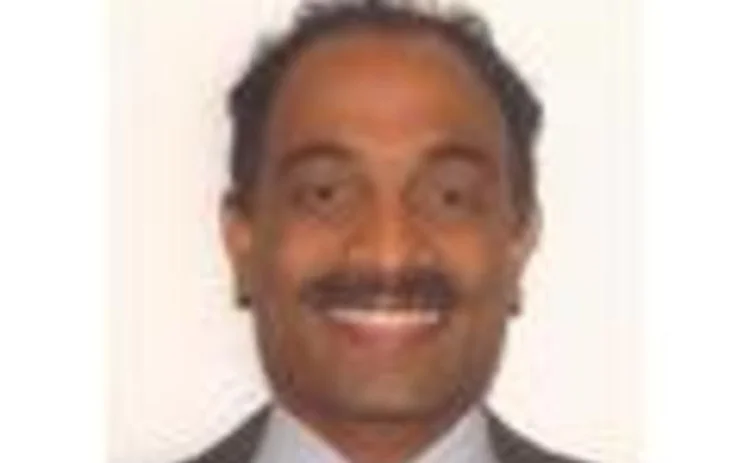Multi-Asset Platforms Are Efficient, But Don't Force It

In recent years, market structure in the various asset classes has begun to look more similar, thanks in large part to regulation. That has coincided with a more cost-conscious environment for IT. Executives see an opportunity to rationalize operations, find synergies in the siloed platforms, and perhaps combine platforms entirely into a true multi-asset monster. A panel discussion at Waters USA tackled this transformation.
"The biggest challenge that the broker-dealers face is up until a year or two ago, we were taking technology platforms that were built for one thing and trying to force them to do more and more and more," said Deborah Mittelman, global head of product management, direct execution, UBS. "Maybe your equities platform is the strongest, so where maybe it used to operate regionally, now you have to make it global, you have to make it 24 hours, which has tremendous implications for your support structure and your account coverage model. Now firms have accepted that this is here to stay, so you'll see new platforms being built that already have this in mind."
Cross-Pollination
One trap that firms fall into is to use all the components of their strongest system, usually equities, and extrapolate them onto other asset classes, according to Nachi Muthu, Credit Suisse global head of multi-asset electronic trading, listed derivatives, and over-the-counter (OTC) clearing IT. For other exchange-traded products, such as futures and options, that may be possible. But products that are traded differently, such as foreign exchange (FX), which is negotiation-driven, are square pegs that are not easy to fit into a round hole.
"If a product trades in a certain way, like risk-based quoting, then the mechanism for delivering those quotes could be leveraged across different types of products that trade in a certain way," said Greg Wood, director of algorithmic execution, listed derivatives and FX. "But you wouldn't use an order management system because that isn't the way that business works."
People
Olympian Group, a St. Petersburg, Florida-based hedge fund run by Michael Levas, has a proprietary multi-asset platform, while also using broker-supplied single-asset platforms for some trades. The central benefits of a multi-asset platform, Levas said, is an ability to quickly toggle between classes, to easily hedge, and to be able to go long and short simultaneously.
If a product trades in a certain way, like risk-based quoting, then the mechanism for delivering those quotes could be leveraged across different types of products that trade in a certain way.
Levas said the technology is only as effective as the trader is knowledgeable. The best person to operate such a system is one that has traded each asset class individually and knows their ins and outs.
"Clients want to look at the world one way," Mittelman said. "They want one-stop shopping. They want all their flow to look the same and feel the same."
Only users who have a paid subscription or are part of a corporate subscription are able to print or copy content.
To access these options, along with all other subscription benefits, please contact info@waterstechnology.com or view our subscription options here: https://subscriptions.waterstechnology.com/subscribe
You are currently unable to print this content. Please contact info@waterstechnology.com to find out more.
You are currently unable to copy this content. Please contact info@waterstechnology.com to find out more.
Copyright Infopro Digital Limited. All rights reserved.
As outlined in our terms and conditions, https://www.infopro-digital.com/terms-and-conditions/subscriptions/ (point 2.4), printing is limited to a single copy.
If you would like to purchase additional rights please email info@waterstechnology.com
Copyright Infopro Digital Limited. All rights reserved.
You may share this content using our article tools. As outlined in our terms and conditions, https://www.infopro-digital.com/terms-and-conditions/subscriptions/ (clause 2.4), an Authorised User may only make one copy of the materials for their own personal use. You must also comply with the restrictions in clause 2.5.
If you would like to purchase additional rights please email info@waterstechnology.com
More on Trading Tech
Ram AI’s quest to build an agentic multi-strat
The Swiss fund already runs an artificial intelligence model factory and a team of agentic credit analysts.
Fidelity expands open-source ambitions as attitudes and key players shift
Waters Wrap: Fidelity Investments is deepening its partnership with Finos, which Anthony says hints at wider changes in the world of tech development.
Market-makers seek answers about CME’s cloud move
Silence on the data center’s changes has fueled speculation over how new matching engines will handle orders.
SGX to modernize data lake
The work is part of the exchange’s efforts to enhance its securities trading platform.
Digital employees have BNY talking a new language
Julie Gerdeman, head of BNY’s data and analytics team, explains how the bank’s new operating model allows for quicker AI experimentation and development.
Everything you need to know about market data in overnight equities trading
As overnight trading continues to capture attention, a growing number of data providers are taking in market data from alternative trading systems.
TMX Datalinx makes co-location optionality play with Ultra
Data arm of the Canadian stock exchange group is leveling up its co-lo capabilities to offer a range of options to clients.
NYSE plans new venue, Levy leaves Symphony, and more
The Waters Cooler: MIAX sells (most of) its derivatives exchange, BNY integrates with Morningstar on collateral, and science delights in this week’s news roundup.







